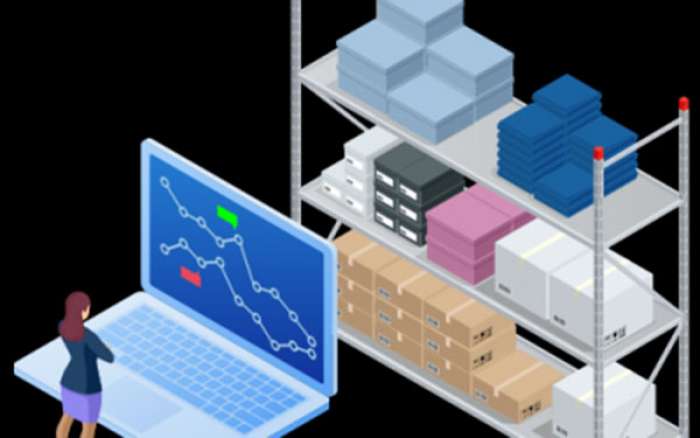Material management software is a tool that helps you keep track of your inventory and materials. It’s a crucial part of any business, especially one that deals with manufacturing or production. This software can do a lot for your business. It can help you keep track of your supply chain, so you know where your materials are at all times. It can also help you manage your inventory and keep track of what you have in stock. But what exactly is material management software? And how can it benefit your business? Read on to find out.
What is Material Management Software?
There are many benefits of using material management software for businesses. Perhaps the most obvious benefit is that it can help to save time and money by streamlining the process of managing materials. In addition, it can also help to improve accuracy and reduce waste.
Another key benefit of using material management software is that it can help to improve communication and collaboration between different departments within a business. This is because the software can provide a central repository for all information relating to materials, which can then be accessed by anyone who needs it. This can help to avoid duplication of effort and reduce the risk of errors.
Finally, material management software can also help businesses to be more sustainable and efficient in their use of resources. By having visibility of all materials across the business, it becomes easier to identify opportunities for reuse or recycling. This can ultimately lead to cost savings and reduced environmental impact.
Features of Material Management Software?
There are many features of material management software that make it a valuable tool for businesses. Material management software can help businesses keep track of their inventory, schedule deliveries, and track usage. It can also help businesses forecast future needs and manage suppliers.
Benefits of Material Management Software
Organizations that use material management software enjoy a number of different benefits. Perhaps the most important benefit is improved inventory control. With material management software, businesses can track their inventory in real time, which allows them to avoid stock-outs and overages. The software also makes it easy to reorder supplies when necessary.
Another top benefit of material management software is increased efficiency. The software streamlines many of the tasks associated with managing inventory, from ordering supplies to tracking shipments. This frees up time for employees to focus on other tasks that contribute to the bottom line.
Material management software can also help businesses save money. By tracking inventory levels and identifying opportunities for cost savings, businesses can reduce their overall spending on materials and supplies. In some cases, the software may even help businesses negotiate better terms with suppliers.
Finally, material management software can improve customer service. By providing employees with quick and easy access to information about products and stock levels, businesses can ensure that customers always receive the products they need in a timely manner.
Who Uses Material Management Software?

There are many different types of businesses that can benefit from a material management software. This type of software is designed to help businesses keep track of their inventory, so they can make sure they always have the materials they need on hand.
Businesses that Use Material Management Software:
-E-commerce businesses: An eCommerce business needs to have a good system for tracking inventory levels, so they can make sure they always have enough products in stock to meet customer demand.
-Manufacturing companies: Manufacturing companies need to track inventory levels of the raw materials they use to produce their products. This helps them ensure they never run out of supplies and helps them plan for production needs.
-Warehouses and distribution centers: Warehouses and distribution centers need to track inventory levels so they can efficiently manage their stock levels and ensure orders are filled correctly.
-Retail stores: Retail stores need to track inventory levels so they can restock shelves as needed and avoid running out of popular items.
Post Comment
Be the first to post comment!










